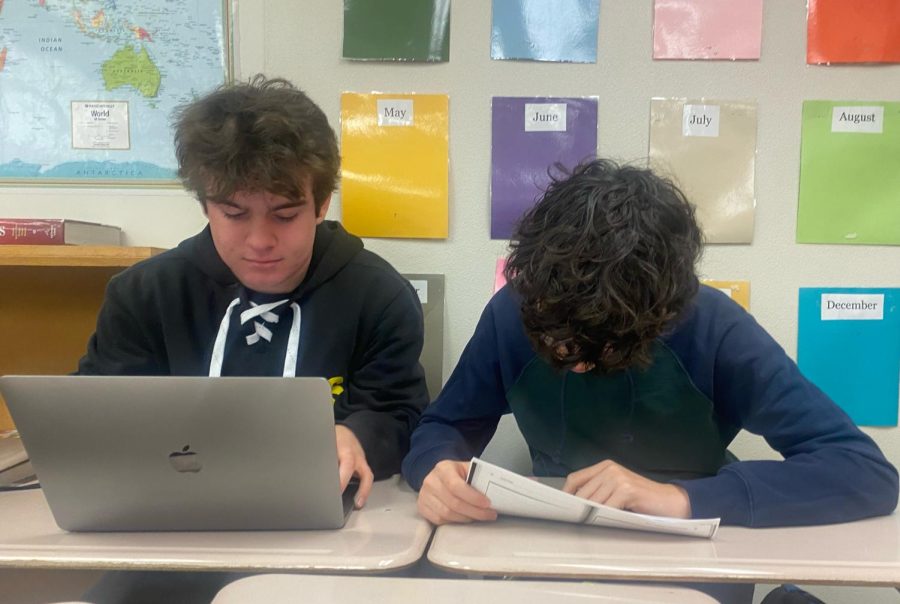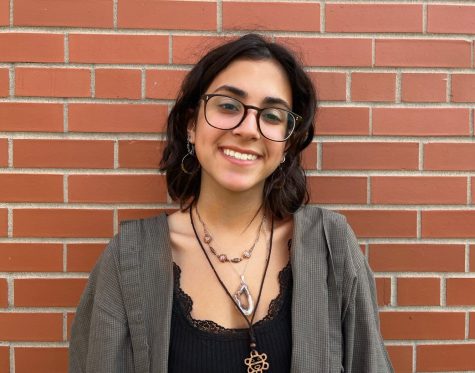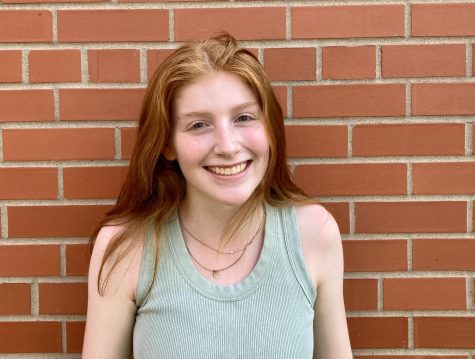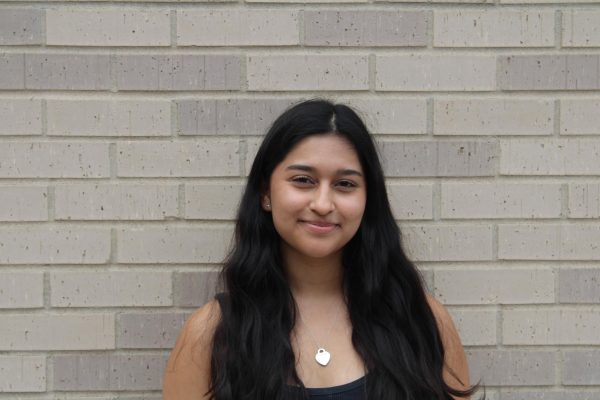Advanced classes for the masses
District stives for inclusivity in advanced courses
Students work on assignments in IB History HL. There has been recent discussions by the district over the lack of diversity in advanced classes at Park.
January 30, 2023
In a post made to Park Communicator Dec. 15, Superintendent Astein Osei established a district goal of ensuring every student takes at least one honors, AP, or IB class during their time at Park.
To reach this, Osei said through an analysis of educational delivery, Park decided to revise its advanced learning programs in 2021 — starting with its youngest learners.
“The first group of new data analysts (did) their research around disproportionality in advanced course taking,” Osei said. “They gave us several different recommendations, which led us to really change the way that we looked at gifted and talented at the elementary levels specifically. But we moved to what is called a talent development mode.”
As a part of talent development mode, Patrick Duffy said every student will be given the opportunity to enrich their learning through various courses, while remedial programs have been removed. This deviates from the past years when Gifted and Talented only catered to select students.
“We hired eight gifted and talented teachers in our district. We eliminated all remedial programming grades K-8. Every child in our district — whether they are a child served in special education, whether you’re a multilingual learner, regardless of their background — receives talent development in science, technology, education and human development, the arts and math,” Duffy said.
A main hindrance to diversifying higher-level classrooms is the lack of representation in these environments, according to teacher Alexander Polk.
“At Park, if students are thinking about taking an advanced class — especially students of color — and they look into a class and see all white students, they may not feel like that’s a spot for them. It might be that they’ve never had a teacher who looks like or who has had similar experiences to them. Historically, schools have not been kind to students of color,” Polk said.
Osei said he also hopes to emphasize the importance of creating a community of educators dedicated to inclusion, which in turn promotes diverse classrooms.
“I can’t come to work and just be like, ‘I’m going to lean into the diverse needs of all of the people that are in front of me in the classroom and then go home, in my personal life and live a completely different lifestyle that’s disconnected from equity and disconnected from inclusion,’” Osei said. “We were trying to create a culture here where people that choose to work in St. Louis Park, do so because they recognize that the work that we’re doing is really important for the overall success of our democracy and that they are not only doing this when they’re at work, but this is a part of who they are — it’s both personal and professional.”
For Antonio Brayboy, seeing advanced classes with predominantly white students and teachers may discourage students of color from taking those classes.
“It can make students of color who want to take the class nervous. It’s hard to be in a room of only two people who look like you compared to a mixed, diverse class. It can scare some people away,” Brayboy said.
Polk said the most effective way to get students to enroll in advanced classes is to actively recruit students and affirm their ability to succeed in those environments.
“It’s really important to actively recruit students that not necessarily ‘have the potential’ but to realize that everybody is capable. Everybody has the capacity to succeed. But there needs to be active recruitment from the teacher who is teaching the class and from the administration to promote the class,” Polk said. “If you don’t have someone who’s like, ‘you can be successful in this class,’ then you don’t always assume that you can be successful.”
Assistant principal Alyssa Gardner said Park plans to utilize Naviance to pinpoint student interests and set students on a course to take advanced classwork to fit their aspirations and academic needs as well as fulfill this goal.
“We’re going to be using Naviance course planner software for students to be able from day one, to plan out their four years and it can shift and adjust as their interests shift. Giving students the opportunity to build out goals and plans gives us as adults a lot of inroads to have conversations like, ‘well, you seem really interested in going into the engineering or the math and science pathway — have you considered there are the different advanced math options,’” Gardner said. “Just that holistic view of what’s going to make a great high school experience for the student and we can use that to build an advanced coursework suited to the student’s needs.”
According to senior Alicia Narais, students of color don’t get actively recruited for advanced classes and aren’t given the proper information to enroll, which can make POC students feel out of place and less competent.
“Some people don’t even get pushed into it, or when you’re signing up for classes, (they should) give more information about the class and everything so that they know what they’re getting into,” Narais said. “A lot of POC students feel like they shouldn’t be there. And also, some of the teachers that do teach advanced classes, aren’t as accepting. Also, (students are) just scared of doing badly in the class.”






